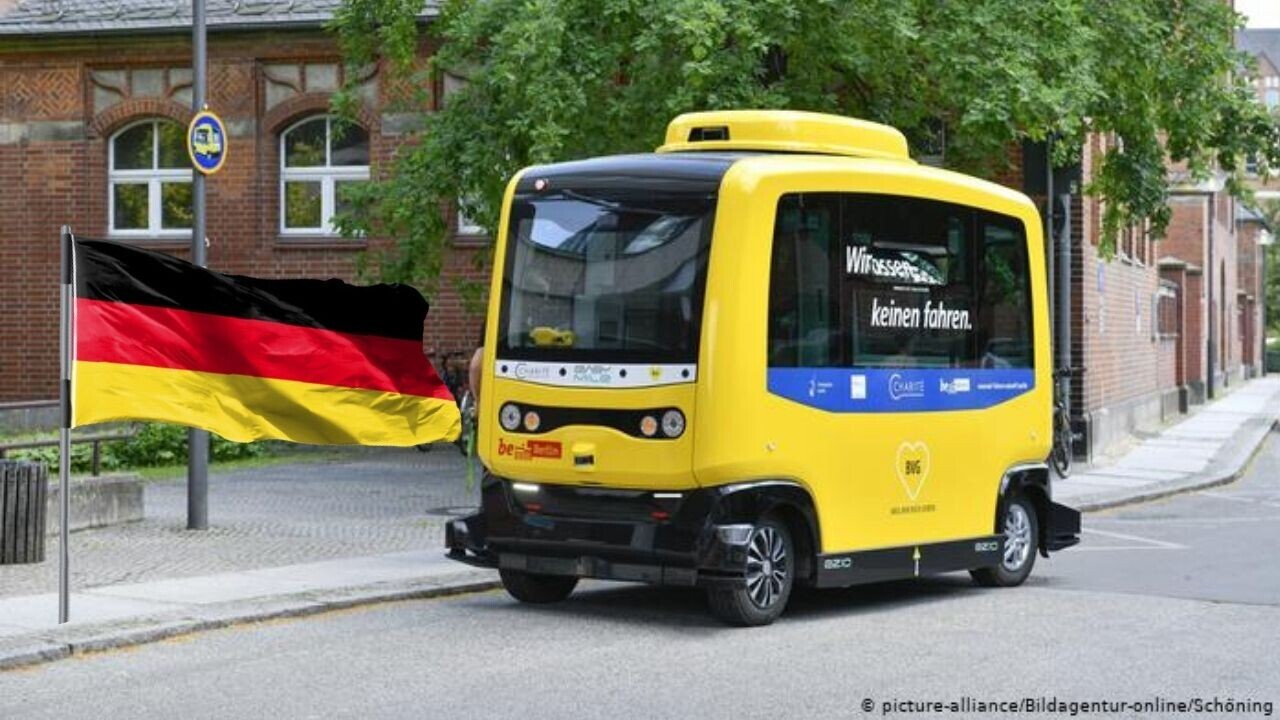German lawmakers have voted for a bill that will allow highly automated vehicles (Level 4 of autonomous driving) to be used in regular operation by 2022.
The bill was passed last Thursday by the lower chamber of parliament, the Bundestag, as a draft law, named “Road Traffic Act and the Compulsory Insurance Act – Act on Autonomous Driving.”
The vehicles that qualify as Level 4 autonomous will operate in defined areas and will include:
- Shuttle transports
- “People movers” – automatic passenger transport systems for short distances
- Driverless connections between logistic centers (Hub2Hub transport)
- Demand-oriented transport services at off-peak times in rural areas
- Dual-mode vehicles that could be used for example in “automated valet parking”
Self-driving cars for the general public would also be permitted in regular traffic, but it’s difficult to imagιne they would hit the streets anytime soon, given that current technology still offers partially automated support (Level 2).
In fact, the bill also features a number of requirements regarding the autonomous driving function, and a vehicle can receive an operating permit as long as all of them are met. For that reason, there is a supplementing Article that defines the manufacturers’ obligations.
According to the law, vehicles with the required autonomous driving function will no longer need a human driver to operate them. But in order to comply with current international regulations, a “technical supervisor” will be necessary. The supervisor won’t drive the vehicle, but will be responsible for ensuring that the obligations under road traffic law are met.
The measure will pass to the upper chamber or parliament, the Bundesrat, for approval before it can take effect.
Do EVs excite your electrons? Do ebikes get your wheels spinning? Do self-driving cars get you all charged up?
Then you need the weekly SHIFT newsletter in your life. Click here to sign up
Get the TNW newsletter
Get the most important tech news in your inbox each week.






